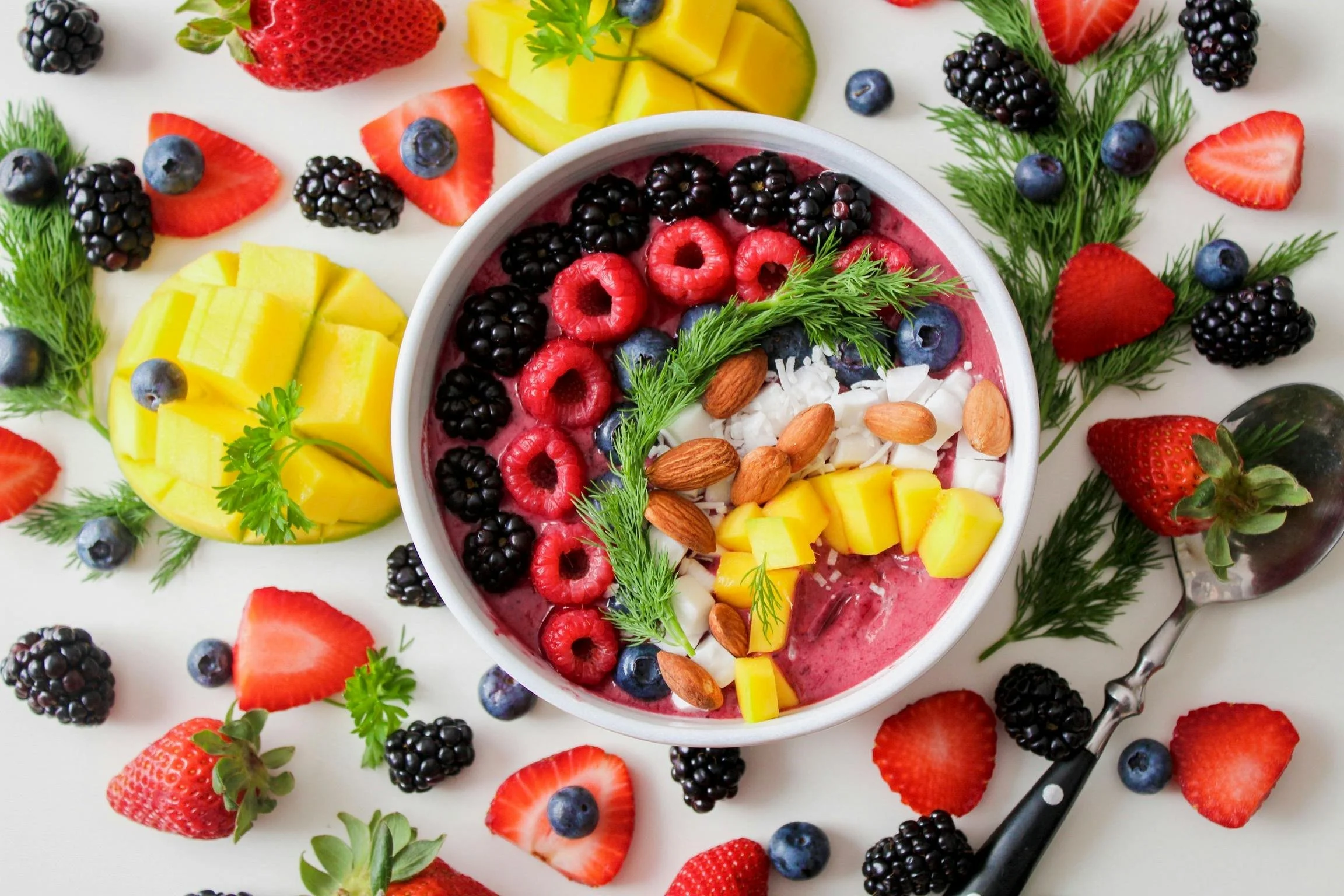Why Plant-Based Nutrients Are Shaping the Future of Health
More people than ever are turning their attention to fruits and vegetables as the building blocks of robust health. It's not just a trend—it’s a shift in how we view food. Around the globe, the push for plant-based nutrition is growing stronger each year, with countless individuals seeking energy, longevity, and disease prevention through their plates. But here's a question worth pondering: What could happen if every single meal delivered a targeted nutrient boost?
The discussion around the health benefits of produce isn't new, but the stakes feel higher. Processed, nutrient-light foods have had their moment. Now, it’s about getting back to basics—foods that nourish, replenish, and energize naturally. Fruits and vegetables contain bioavailable vitamins and minerals—essential keys to unlocking potential health benefits. So why rely on artificial solutions when nature's source is sitting right in the produce aisle?
What Sets Produce Nutrients Apart from the Pack?
Fruits and vegetables are small but mighty preservers of health. They offer irreplaceable components like vitamin C for immune defense, vitamin K for strong bones, folate for DNA repair, potassium for heart health, and phytonutrients—nature's own defenders against chronic disease. These nutrients, found only in produce, act in harmony within the whole food, unlike isolated compounds scraped into pill form.
Here’s why it matters: When you consume vitamins and minerals through their natural sources, your body absorbs them more efficiently. Why? Simply put, produce has co-factors—enzymes, fiber, and antioxidants—that help your digestive system make better use of every bite you take. Research supports this. For instance, studies show that vitamin C is far more bioavailable from a fresh orange than from a supplement. A clear advantage.
Supplements have their place, but they often miss this critical synergy. What you get from fresh food is hard to replicate. It's more than nutrients—it’s nutrients working together seamlessly.
Optimizing What Nature Offers: Practical Tips for Absorbing Produce Power
Eating fruits and vegetables is one thing. Getting the maximum value from their inherent nutrients? Another challenge altogether. Here's where strategy makes all the difference.
First, consider smart combinations to enhance nutrient absorption. Pair iron-rich greens like spinach with vitamin-C-packed options such as bell peppers or citrus. The acidity helps your body take up more iron. Similarly, fat-soluble vitamins—like A, D, E, and K—need healthy fats to work efficiently. Drizzle some olive oil over your kale salad, and you've just amplified its effect.
How you prepare produce can also make a mark. Chopping garlic and letting it sit before cooking activates compounds that boost health impacts. Gentle steaming of broccoli retains its antioxidants, while sprouting grains gives them higher nutrient profiles. Even fermenting foods like cabbage into kimchi or sauerkraut taps into naturally occurring probiotics. Techniques like these don’t just preserve nutrients—they magnify them.
And for the busiest among us, sometimes a little extra help is needed. Supplements can bridge gaps between busy schedules and ideal eating habits. For a well-rounded option, fruit and vegetable vitamins provide a convenient fallback without abandoning a produce-first philosophy.
Small Daily Adjustments for Significant Nutrient Gains
It’s not enough to know about the benefits. The challenge lies in adding more fruits and veggies—naturally and consistently—into daily routines. The good news? It’s easier than it sounds.
Start your day with a green smoothie. Toss spinach, frozen berries, and a banana into your blender with almond milk. No cooking required, and you'll have checked off servings of produce before breakfast. Lean on creative snacks throughout the day. Think crunchy carrot sticks paired with hummus or a crisp apple alongside almonds.
Find opportunities to blend produce into savory dishes. Mashed sweet potatoes mixed with roasted garlic elevate any meal, while a batch of stir-fry peppers turns scrambled eggs into something vibrant. And don't underestimate the power of preparation. A weekly batch of pre-chopped, color-sorted veggies makes grabbing a baggie for lunch effortless. Time-saving? Absolutely.
These habits aren't about radically changing your life overnight. They're about small, manageable shifts that stick.
A Challenge for Those Ready to Commit
Committing to plant-based nutrition is more than a goal. It’s a mindset. The smallest changes often lead to the most noticeable results—clearer energy, sharper focus, and overall well-being.
Consider these takeaways: First, fresh produce delivers its nutrients better than any pill can attempt to imitate. Second, combining, preparing, and storing food properly boosts its benefits significantly. Third, finding consistent routines ensures you’ll meet your daily intake effortlessly.
Want to take it a step further? Start a log of how many servings of fruits and vegetables you’re eating daily. Keep it simple: jot down which you eat and when. Rotate with the seasons. Winter, opt for root veggies. Summer, lean on berries and leafy greens.
Here’s a challenge: Tomorrow, add one extra serving of produce to your morning, afternoon, or evening routine. Just one. Because changes like this aren’t theoretical—they’re actionable. One meal, one choice, one better day.













